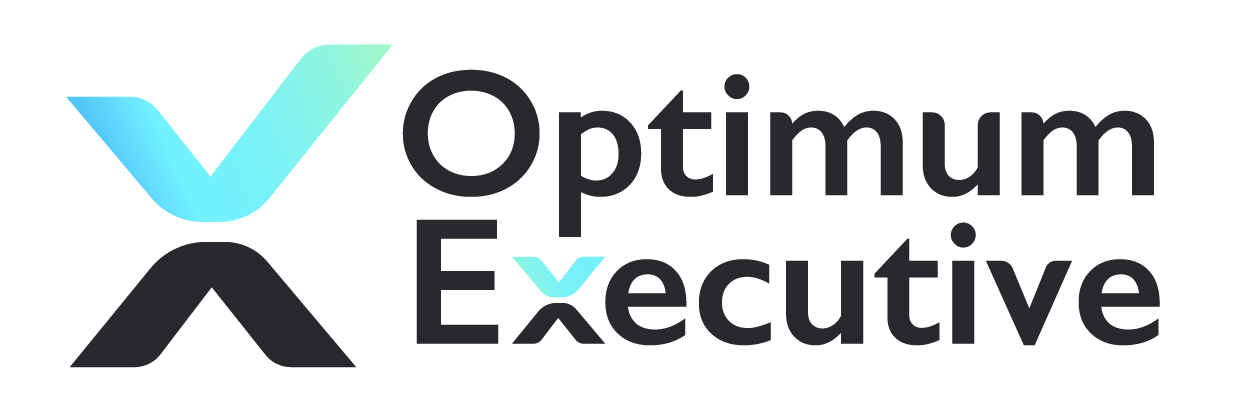Optimum Executive
Building a motivated and high-performing sales team!
guide
HR best pratices for smes and scale–ups

In an ever-evolving B2B environment, where performance pressure and adaptability have become the norm, sales teams play a central role in the growth of SMEs and scale-ups. However, hiring alone is not enough – a truly effective sales team is built over time, with solid foundations laid during onboarding, a stimulating environment, and long-term engagement strategies.
In this article, we present HR best practices to structure an efficient, motivated, and loyal sales team. From onboarding to retention, and including motivation levers, these tips follow a pragmatic approach tailored to the realities of fast-growing organizations.
Successful Onboarding of Sales Profiles: Laying the Foundations for Performance

Onboarding is often overlooked or reduced to its administrative aspects. Yet the first few weeks of a sales hire are critical for their future performance.
A successful onboarding process helps to:
- Accelerate skill development by quickly giving access to key tools, processes, and resources;
- Create a sense of belonging by sharing the company culture, values, and managerial expectations;
- Clarify objectives by aligning individual missions with the company’s strategic priorities.
Best practices include:
- A structured 30-to-90-day onboarding journey: internal training, shadowing with a peer, weekly one-on-ones with the manager;
- A dedicated sales starter kit: pitch materials, case studies, CRM tools, goal-setting templates;
- Active managerial follow-up: regular feedback, clear checkpoints, and progress indicators.
Good onboarding is a strategic investment—it reduces early turnover and sets the stage for long-term sales success.
Motivating Sales Teams: Recognition, Clear Goals, and Empowerment

Sales motivation is not just about bonuses or contests. For motivation to last, it needs to be rooted in deeper drivers: purpose, recognition, and autonomy.
Key elements include:
- Clear and achievable goals: Every team member should understand what is expected of them, why it matters, and how their performance will be measured. Striking a balance between ambition and realism is key.
- Formal and informal recognition: Acknowledge good initiatives, highlight efforts even without immediate results, and celebrate small wins. These gestures strengthen engagement.
- Guided autonomy: Salespeople need space to express creativity while having clear benchmarks. Giving freedom in how they work – paired with high standards for results – can be highly motivating.
- A positive, collaborative environment: Team spirit, the ability to learn from mistakes, and access to shared resources foster healthy emulation rather than sterile competition.
Motivation is not something you can impose – it is built daily through consistent management practices.
Retaining Talent: Building a Sustainable Sales Culture

The sales job market is highly competitive. To avoid losing top talent, it is essential to foster an internal culture that makes people want to stay.
Key areas to focus on:
- Clear career paths: Whether becoming a Key Account Manager, an internal trainer, or a team leader, offer visible and inspiring career trajectories.
- Ongoing training and coaching: Sales professionals want to grow. Providing support in methods, soft skills, or tools enhances their sense of value.
- A climate of trust: Transparency in decision-making, active listening, and fair treatment are decisive factors in employee loyalty.
- Proactive management of weak signals: Sudden drops in performance, social withdrawal, or signs of low motivation – these should alert managers to intervene before valuable talent walks away.
Retention is not about holding people back – it is about building an environment where top performers want to invest themselves for the long term.
Boosting Performance Through AI and Automation: A Driver for Motivation and Focus

AI and automation tools offer significant opportunities for sales leadership today. By offloading repetitive tasks (lead qualification, reporting, automated follow-ups), these technologies free up sales teams to focus on high-value activities.
This directly contributes to:
- Increased motivation: Salespeople reclaim time to focus on client relationships and consultative selling;
- Improved results: Sales cycles become smoother, conversion rates rise;
- Modernized sales culture: The company shows it invests in smart, useful tools.
To explore this topic further, check out our webinar “AI and Automation in B2B Sales” – a must-watch resource to understand how these tools are transforming sales practices in a very practical way.
The performance of a sales team depends on much more than technical skills or polished scripts. It stems from a coherent HR strategy, adapted processes, and a management style rooted in human connection.

